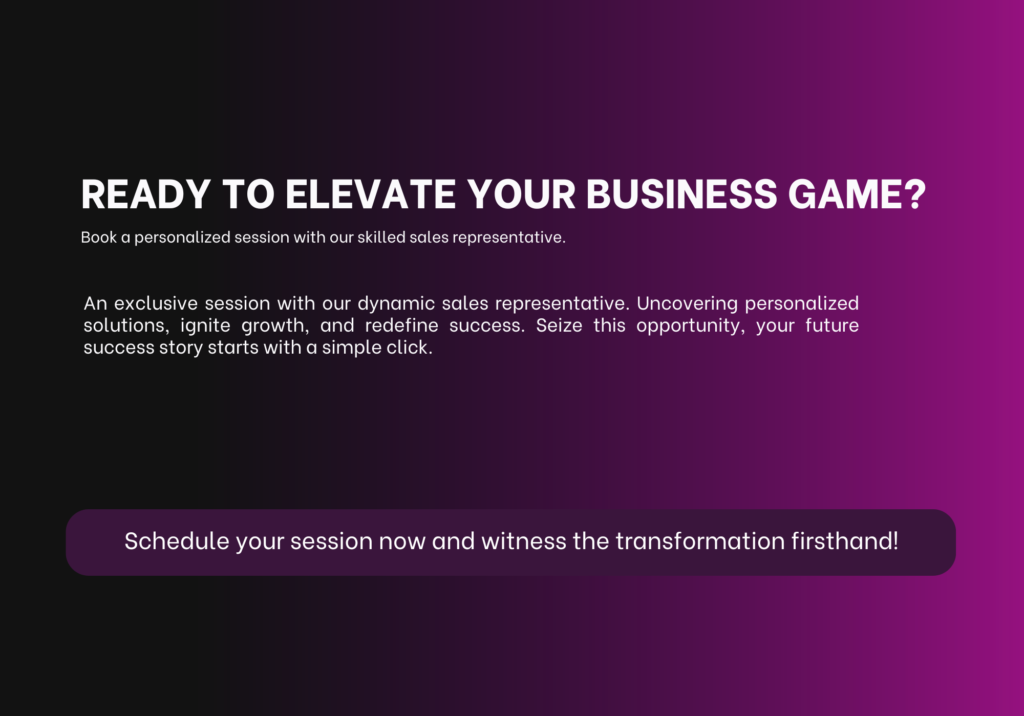Consumers are bombarded with countless advertisements and messages daily, the challenge for marketers is not just to reach their audience but to truly connect with them. Traditional demographic-based marketing strategies are giving way to a more nuanced approach — personalized marketing. This shift recognizes that consumers are individuals with unique preferences, behaviors, and interests, and it leverages data and technology to create tailored experiences that resonate on a personal level.
Understanding Personalized Marketing
Personalized marketing goes beyond basic demographics like age, gender, and location. It delves into deeper insights about consumer behaviors, past purchases, browsing history, and even social media interactions. Armed with this information, marketers can craft highly targeted campaigns that speak directly to individual interests and motivations.
For instance, an online retailer might use browsing history to recommend products similar to those a customer has shown interest in. A travel company could send personalized emails featuring destination recommendations based on past travel preferences. By delivering content and offers that are relevant to each consumer’s specific needs, personalized marketing enhances the overall customer experience and increases the likelihood of conversion.

The Benefits of Personalized Marketing
1. Improved Customer Engagement: When consumers feel that brands understand their preferences and needs, they are more likely to engage with marketing content. Personalization creates a sense of connection and relevance, leading to higher click-through rates and interactions.
2. Enhanced Customer Loyalty: By consistently delivering personalized experiences, brands can foster stronger relationships with customers. When consumers feel valued and understood, they are more likely to remain loyal and advocate for the brand.
3. Increased Conversion Rates: Personalized marketing can lead to higher conversion rates as tailored offers and recommendations are more likely to resonate with consumers and prompt them to make a purchase decision.
4. Data-Driven Insights: The use of data analytics in personalized marketing provides valuable insights into consumer behaviors and preferences. Marketers can continually refine their strategies based on real-time data, optimizing campaigns for better results.
Implementing Personalized Marketing Strategies
To effectively implement personalized marketing, brands should consider the following strategies:
– Collect and Analyze Data: Utilize CRM systems, website analytics, and social media insights to gather relevant data about consumers.
– Segmentation: Divide your audience into smaller segments based on shared characteristics or behaviors to tailor messages more effectively.
– Automation: Use marketing automation tools to deliver personalized content at scale, such as personalized emails triggered by specific actions.
– Dynamic Content: Create dynamic content that adapts based on user behavior, ensuring relevance across various touchpoints.
– Feedback and Iteration: Regularly solicit feedback from consumers to refine and improve your personalized marketing efforts.
The Future of Marketing
As technology continues to advance, the possibilities for personalized marketing will only expand. Artificial intelligence and machine learning algorithms will further refine targeting capabilities, enabling brands to predict consumer preferences with greater accuracy and anticipate their needs before they arise.
Personalized marketing represents a paradigm shift in how brands engage with consumers. By moving beyond demographics and embracing individuality, marketers can forge deeper connections, drive engagement, and ultimately, achieve greater business success. As we navigate the evolving landscape of digital marketing, the ability to deliver relevant, personalized experiences will remain a cornerstone of effective brand communication.
By harnessing the power of personalized marketing, brands can not only meet consumer expectations but exceed them, creating lasting impressions that resonate long after the initial interaction.

